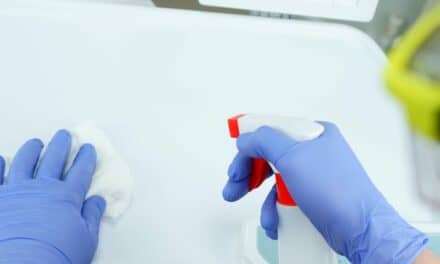Since graduating in May, Pratyusha Mattegunta has been working on some interesting projects with the medical device plug-n-play (MD PnP) program that works to facilitate the adoption of open standards and technologies for medical device interoperability, based on clinical requirements, at the Center for Integration of Medicine and Innovative Technology, a nonprofit consortium of Boston’s leading teaching hospitals and universities.
Here, she shares some information and asks for your participation:
“Medical device clock errors are pervasive problems that negatively impact the accuracy of time data in electronic medical records and in the reconstruction of clinical events. The issue of synchronization is especially important with the federal push for “meaningful use” of electronic health record technology and the evolving integration of medical devices.
Many medical devices do not set their clocks using a network time reference, but are typically set manually twice yearly for daylight savings time, or when they come in for repair, or sometimes never. The absence of automatic clock-setting capabilities in most devices—and the lack of time synchronization among the wide array of different clocks used in a typical OR or ICU—can result in inaccurate time-stamps on clinical data recorded in the electronic medical record. There is no widely adopted standard for medical device time management and no guidelines are available. Therefore, we are studying this problem and potential solutions.
Two studies are in progress by MD PnP—one to study the extent of the problem by documenting medical device clock errors in hospitals, and the second study to assess the personnel workload/cost required to manually perform DST clock-changes. These studies are being funded by NIH/NIBIB and DoD/TATRC.
We have developed a survey that was distributed to the health care technology management field. You can find more details on the survey in the article on the AAMI Web site. Interested in taking the survey? Click here to participate in this important study. Thank you!”
You can e-mail Pratyusha at [email protected] for more information on the project.



